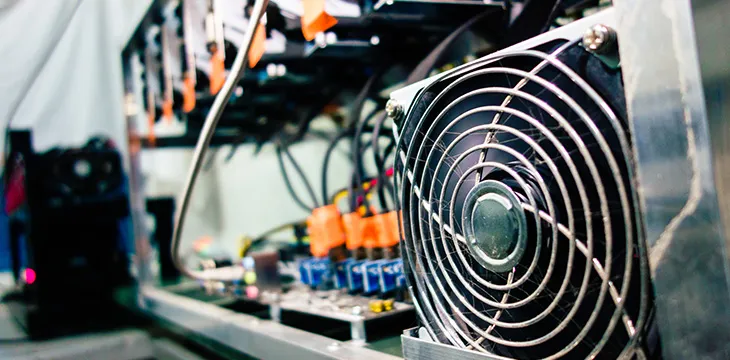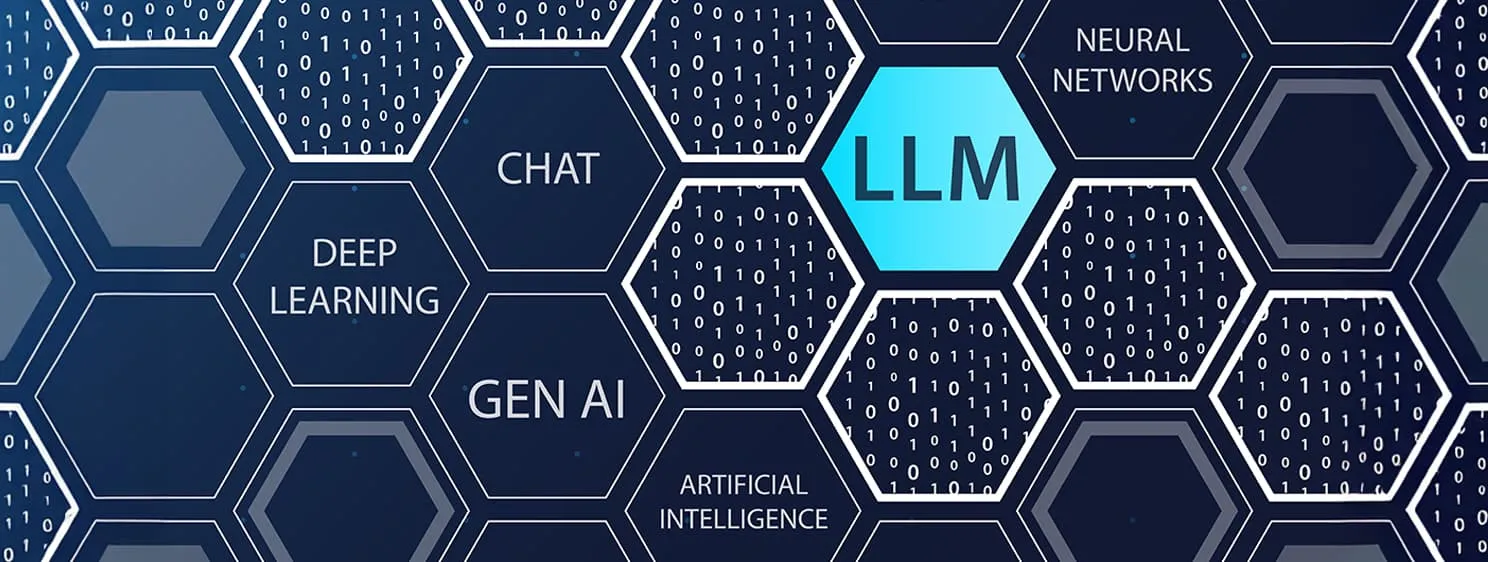|
Getting your Trinity Audio player ready...
|
A new wave of cryptocurrency miners has come, and this group is putting U.S. colleges on alert with their rather unorthodox ways to collect and earn crypto coins.
In an interview with CNBC, Penn State graduate Patrick Cines recalled how he made his venture into cryptocurrency mining while living on campus grounds. He recalled, “I had basically a box, maybe a foot and a half by a foot and a half tall. It was sitting in, right at the foot of my bed. Had several graphics cards.”
That box was basically a crypto mining rig, which Cines said was used for the other side of what he intended to do in campus alongside ‘experiencing campus life’ – mining BTC. When he graduated in 2017, Cines said he earned $10,000 from the venture, which also catapulted him into a job at a major tech company.
Cines’ power consumption was paid for by Penn State, which he said students should be entitled to since “they’re paying tuition,” which should cover electricity.
Mike Banic, vice president of marketing at cybersecurity firm Vectra, estimated that “it costs $4,700 to mine one [BTC].” He told the news outlet: “I think there are a lot of universities that don’t know this is happening. I don’t think that they would want it to happen either, considering it costs $4,700 to mine one [BTC]. That’s about 10 percent of the annual tuition at a private university.”
Cine is not alone. Vectra checked on 11 college campuses, and confirmed instance of cryptocurrency mining in all of them, with students setting up their crypto mining operations between one and four time a day. According to the company, campuses are oblivious about how mining activities in the institutions pose risks to them—first there’s the electricity costs, then there’s also the possibility that the college’s network could be opened up to hacking. A breech on one computer can compromise an entire network. Vectra reports that some institutes have had their computers taken over by mining malware that enabled hacking.
For this reason, campuses like Massachusetts’ Worchester Polytechnic Institute have put in place rules that outlaw cryptocurrency mining. Penn State also prohibits crypto mining actively, although its policies “to oversee use of our campus’ network” did not mention cryptocurrency.
Outside campus, employees in enterprise businesses are equally ambitious with an increase in mining between 4.5 -5 times. They similarly pose internal threats, a factor that employers seem to ignore as they focus on external threats. This allows employees to carry out their crypto mining activities undetected, according to Banic.

 06-30-2025
06-30-2025 





